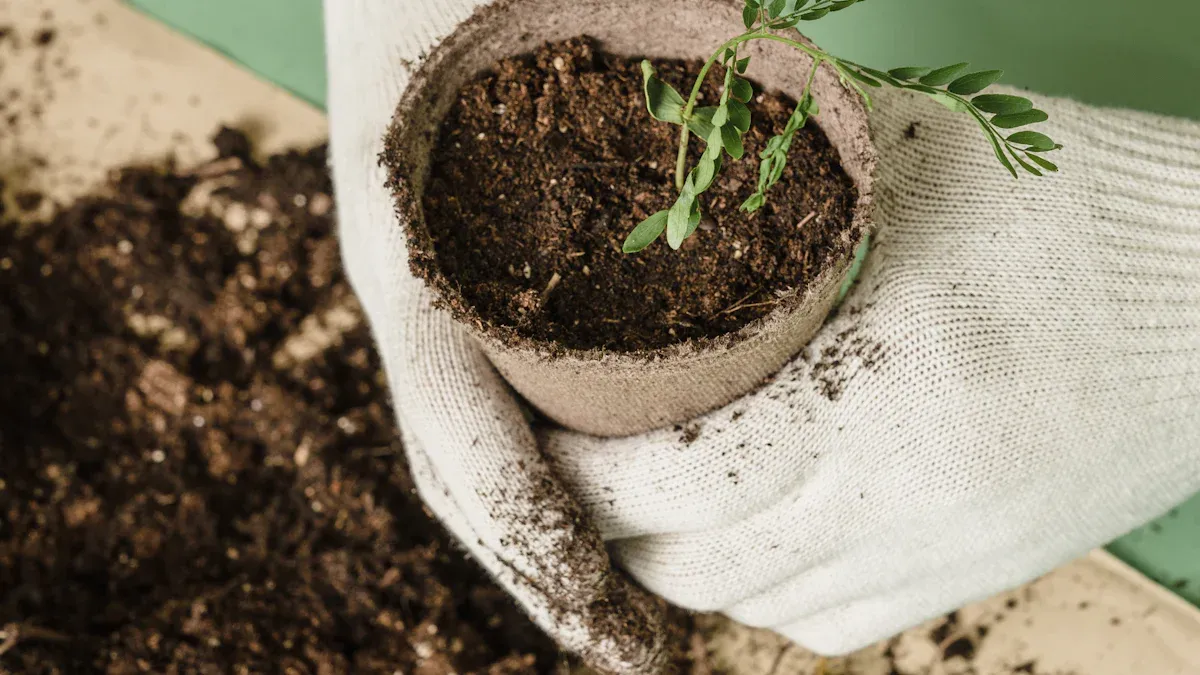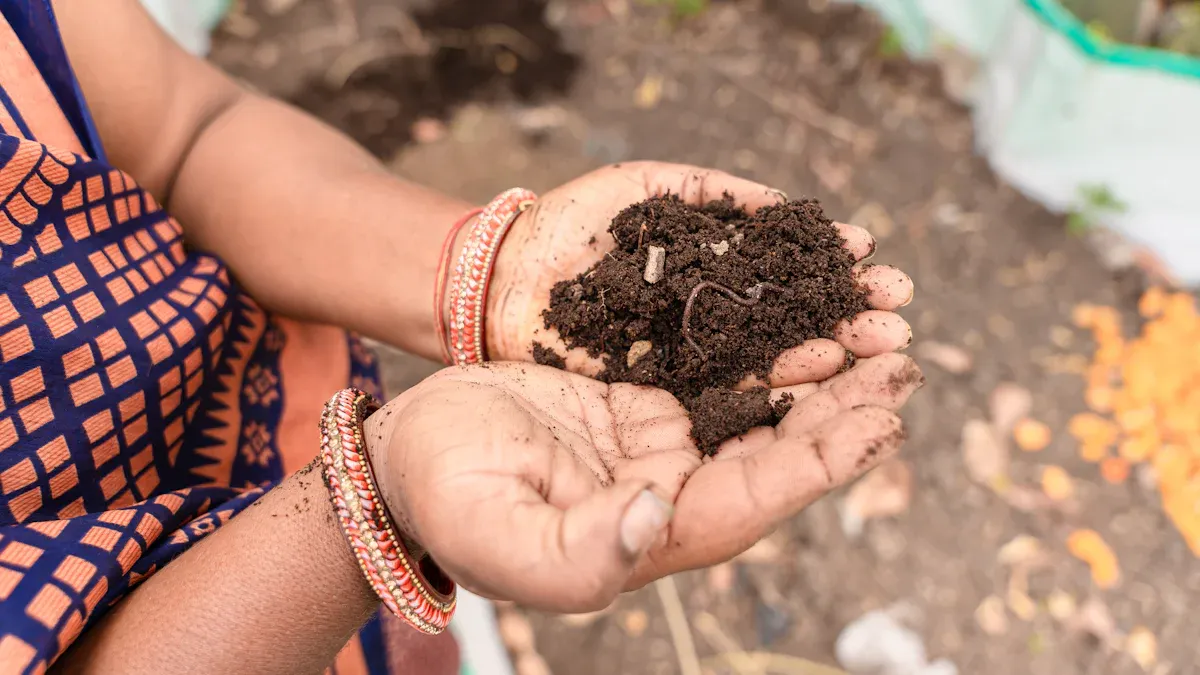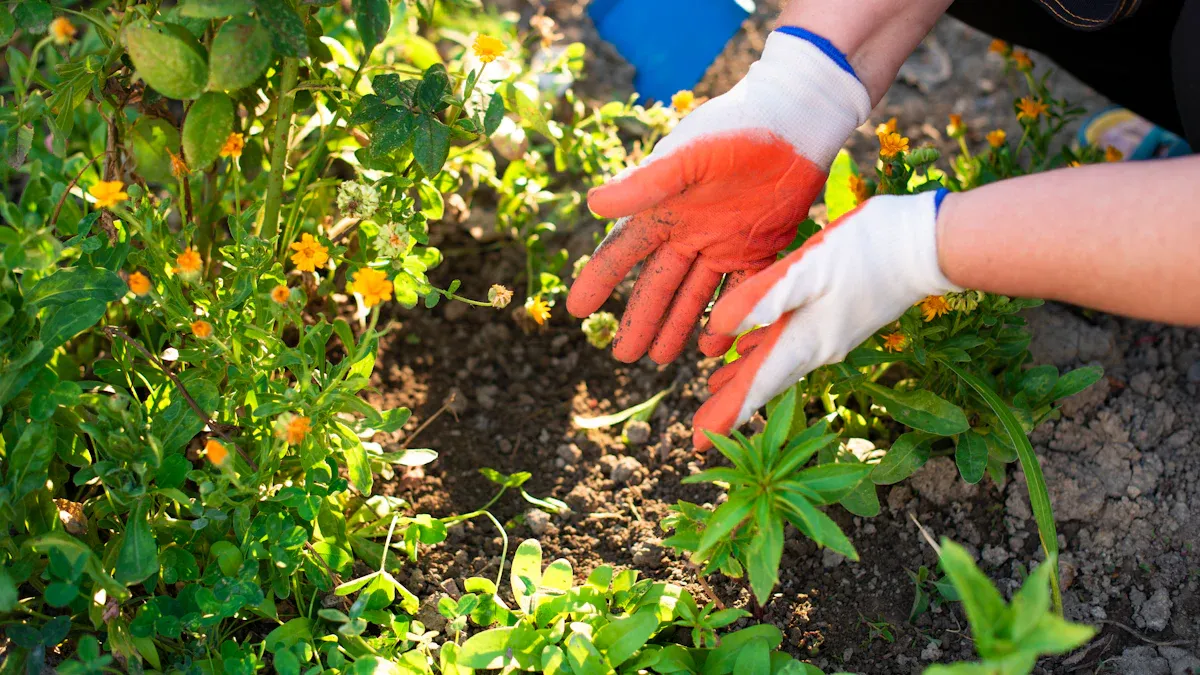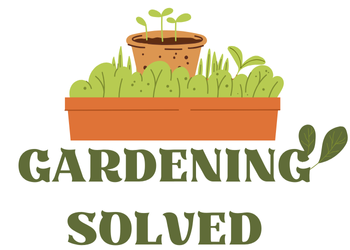
Fertilizing rose bushes in spring is crucial for achieving stunning blooms. When you fertilize rose bushes properly, you help them grow strong and vibrant. For instance, using organic fertilizers can enhance soil fertility and encourage beneficial microbes. This not only boosts plant immunity but also promotes the development of new canes, leading to healthier roses.
Key Takeaways
Fertilize new rose bushes in early spring when you see new growth to support their development.
Use organic fertilizers to improve soil health and provide long-term nutrient availability for your roses.
Monitor your roses for signs of nutrient deficiencies, like yellowing leaves, to determine when to fertilize.
When to Fertilize Roses

Knowing when to fertilize roses is key to their health and blooming potential. Timing can vary based on whether you’re dealing with new or established roses.
Timing for New Roses
If you’ve just planted new rose bushes, you want to give them the best start possible. Here’s how to time your fertilization:
Early Spring: Begin fertilizing when you see new growth, usually around March or April. This signals that your roses are waking up from their winter dormancy.
After the First Bloom: Once your roses bloom for the first time, it’s a good idea to fertilize again. This helps support the next growth phase.
Mid-Summer: If your roses are still blooming, consider providing additional fertilization. This can help maintain their vigor.
Stop Fertilizing in Late Summer: Avoid fertilizing after August or early September. You don’t want to encourage new growth right before winter sets in.
Timing for Established Roses
Established roses have different needs. You’ll want to pay attention to their signs of readiness for fertilization:
New Growth: In spring, when you notice new leaves emerging, it’s time to start feeding roses.
Yellowing Leaves: If you see yellow leaves, this could indicate a nitrogen deficiency. Fertilizing can help restore their green color.
Small Blooms: If your roses produce smaller-than-usual blooms, they may need more phosphorus. A boost in fertilizer can help.
Poor Overall Growth: If your roses seem to be struggling, it might be due to a potassium deficiency. Fertilizing can improve their overall health.
Here’s a quick comparison of the timing for new versus established roses:
Type of Rose | Timing of Fertilization |
|---|---|
Newly Planted Roses | – Amend the planting hole with organic matter and slow-release fertilizer. |
Established Roses | – Begin in early to mid-spring when new leaves emerge. |
Keep in mind that fertilizing too early can stress your roses, especially if frost is still a risk. On the other hand, late fertilization can hinder their ability to prepare for winter. You want to strike the right balance to keep your roses healthy and thriving.
Nutrients for Fertilizing Roses in Spring
When you think about fertilizing roses in spring, understanding the essential nutrients that roses need is crucial. These nutrients play a significant role in promoting healthy growth and vibrant blooms. Here’s a breakdown of the key nutrients:
Nutrient | Role in Rose Growth |
|---|---|
Nitrogen (N) | Promotes leaf and stem growth above the soil. |
Phosphorus (P) | Strengthens root development below the soil. |
Potassium (K) | Supports overall plant health, disease resistance, and flower production. |
Calcium (Ca) | Prevents weak stems and bud failure. |
Magnesium (Mg) | Supports chlorophyll production for rich green foliage. |
Iron (Fe) | Essential for deep-green leaves. |
Manganese (Mn) | Assists in nutrient absorption and overall plant vigor. |
Zinc (Zn) | Aids in nutrient absorption and overall plant vigor. |
These nutrients work together to ensure your roses thrive. For instance, nitrogen helps your plants grow lush and green, while phosphorus is vital for strong roots and beautiful blooms. Potassium enhances the overall health of your roses, making them more resilient to diseases.
Understanding N-P-K Ratios
Now, let’s talk about N-P-K ratios. These ratios indicate the relative amounts of nitrogen (N), phosphorus (P), and potassium (K) in fertilizers. Understanding these ratios helps you choose the right fertilizer for your roses. A balanced fertilizer with an N-P-K ratio of 16-16-16 is often recommended for spring fertilization. This means it contains equal parts of each nutrient, providing a well-rounded boost for your plants.
Nutrient | Ratio |
|---|---|
Nitrogen | 16 |
Phosphorus | 16 |
Potassium | 16 |
Using the right N-P-K ratio is essential. If your roses lack nitrogen, you might notice yellowing leaves and stunted growth. A deficiency in phosphorus can lead to dark green leaves with a red or purple tint, while potassium deficiency often results in yellowing leaf edges and smaller blooms.
By understanding the nutrients that roses need and the importance of N-P-K ratios, you can make informed decisions when fertilizing your roses in spring. This knowledge will help you create a thriving garden filled with beautiful blooms.
Best Fertilizer for Roses
When it comes to choosing the best fertilizer for roses, you have two main options: organic and synthetic. Each type has its own benefits and drawbacks, so let’s break them down.
Organic vs. Synthetic
Organic fertilizers are derived from natural sources, like compost or animal manure. They release nutrients gradually through microbial action. This process not only feeds your roses but also enhances soil quality and supports root development. Here are some key points about organic fertilizers:
Improves soil health: Organic fertilizers enrich the soil with beneficial microorganisms.
Environmental safety: They contain no harmful chemicals, making them safer for the environment.
Long-term nutrient availability: Nutrients become available over time, promoting sustained growth.
On the other hand, synthetic fertilizers provide immediate nutrient availability. They can quickly boost your roses, but they come with some downsides:
Quick results: You’ll see fast growth and blooming.
Potential environmental issues: Runoff from synthetic fertilizers can lead to water pollution and harm aquatic ecosystems.
Here’s a quick comparison of the two types:
Type of Fertilizer | Advantages | Disadvantages |
|---|---|---|
Organic | 1. Improves soil health and structure. | 1. Slow results. |
Synthetic | 1. Quick nutrient availability. | 1. Risks to soil health. |
While synthetic fertilizers can give your roses a quick boost, they can strip away natural microorganisms from the soil. This can lead to long-term fertility issues. So, if you want to create a nutrient-rich soil that supports healthy growth, organic options might be the way to go.
Recommended Fertilizers
Now that you know the differences, let’s look at some recommended fertilizers for your roses. Here are a few that professional rose growers and gardening experts often recommend:
E.B. Stone Organics Rose & Flower Food: A great organic option that promotes healthy blooms.
Miracle-Gro Water Soluble Rose Plant Food: Fast-acting and high in phosphorus, perfect for quick results.
Dr. Earth Total Advantage Organic Rose & Flower Fertilizer: Offers balanced nutrition for robust growth.
Jack’s Classic Blossom Booster: Enhances bloom size and frequency, making your roses stand out.
Osmocote: A slow-release option that provides nutrients over time, reducing the need for frequent feeding.
When you’re feeding roses, consider your garden’s specific needs. If you prefer organic methods, go for options like E.B. Stone or Dr. Earth. If you want quick results, Miracle-Gro or Jack’s Classic might be your best bet.
Remember, the right fertilizer can make a significant difference in the health and beauty of your roses. Choose wisely, and you’ll enjoy a stunning display of blooms all season long!
How to Fertilize Roses

Container Roses
When you’re ready to fertilize rose bushes in containers, timing and method matter. Start fertilizing when you see 4-6 inches of new growth and a leaflet with 5-7 leaves. Here are some tips for feeding roses in containers:
Use a liquid fertilizer every 4-6 weeks for first-year roses.
Avoid granular fertilizers during the first season to prevent root burn.
Remember, container-grown roses need more frequent fertilization with liquid options.
Garden Roses
Fertilizing garden roses requires a slightly different approach. Follow these steps for effective feeding:
Test your soil pH to ensure it’s between 5.5 and 6.5.
Apply organic fertilizer after the soil warms up, usually early to mid-May.
Feed again after the first bloom cycle, typically between June 1-15.
Water becomes more important than fertilizer during late June to July.
Consider an additional application of organic fertilizer in late July.
Stop fertilization by early September to prevent rapid growth before winter.
Tip: Always ensure the soil is moist before applying fertilizer. This helps prevent root burn and allows for better nutrient absorption.
By following these guidelines, you’ll know how to fertilize roses effectively, whether they’re in containers or garden beds. Your roses will thank you with vibrant blooms all season long!
Fertilizing your rose bushes in spring is essential for vibrant blooms and strong plants. Here’s a quick recap:
A balanced blend of nutrients promotes lush foliage and enhances disease resistance.
Consistent spring fertilization supports long-term soil health and plant vitality.
Adjusting soil pH ensures your roses get what they need for sustained growth.
By applying these tips, you’ll enjoy beautiful roses all season long! 🌹
FAQ
What type of fertilizer should I use for my roses?
Use a balanced fertilizer with an N-P-K ratio of 16-16-16 or organic options like compost for healthy growth.
How often should I fertilize my roses?
Fertilize every 4-6 weeks during the growing season for container roses and every 2-4 weeks for garden roses.
Can I fertilize my roses in the fall?
Avoid fertilizing in the fall. Late fertilization can encourage new growth that won’t survive winter’s cold temperatures.


